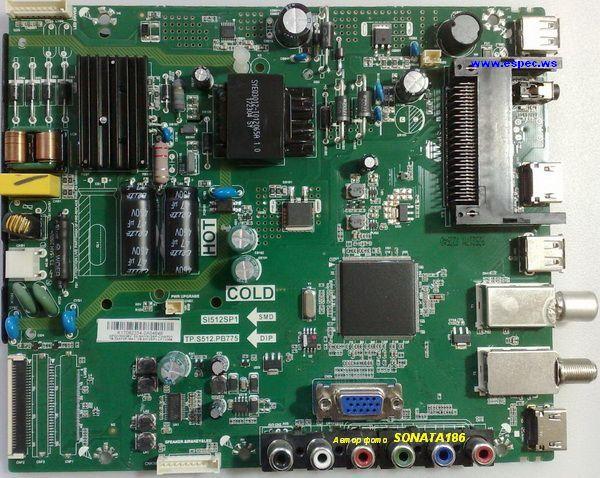
What is the difference between aftersleep and TclX? The most current snapshots of Expect will be found in the expect fossil repository.
ACTIVETCL EXPECT DOWNLOAD
If you don’t already have Tcl, you can download it as source from the Tcl Core web site or as binaries from ActiveState. (Pub: O’Reilly, ISBN 1-56592-090-2) The book contains hundreds of examples and also includes a tutorial on Tcl. “Exploring Expect” is an excellent resource for learning and using Expect. ActiveTcl is an integrated collection of Tcl, Expect, and many other extensions. What is the difference between ActiveTcl and expectexpy?Įxpy is the Expect library embedded in Python instead of Tcl. Expectsupports additional commands, described below. Commands used here but not defined (e.g., set, if, exec) are Tcl commands (see tcl(3)). Tcl provides control flow (e.g., if, for, break), expression evaluation and several other features such as recursion, procedure definition, etc. What is the difference between Tcl and expect TCL? In computing, tee is a command in command-line interpreters (shells) using standard streams which reads standard input and writes it to both standard output and one or more files, effectively duplicating its input.
ACTIVETCL EXPECT WINDOWS
What is Interact in expect? Does Expect work on Windows?Įxpect for Windows is done by ActiveState as part of ActiveTcl (no charge for the 32-bit version), which is highly recommended as the definitive batteries-included build of Tcl on the Windows platform. This final expect effectively waits for passwd to complete execution before returning control to the script. Similar to timeout, eof is another keyword pattern.

The final command ” expect eof ” causes the script to wait for the end-of-file in the output of passwd. The last line if the end of file which means the end of the interaction. The remaining lines are the Expect script that interacts with our shell script. The spawn command is used to start a script or a program like the shell, FTP, Telnet, SSH, SCP, and so on.

ACTIVETCL EXPECT INSTALL
Steps to start Expect on Windows: Go to Bin directory in Command prompt (Start > Run > Command > cd c:\Tcl\bin) Issue the command C:\Tcl\bin>teacup install Expect. Interact is an Expect command which gives control of the current process to the user, so that keystrokes are sent to the current process, and the stdout and stderr of the current process are returned.

Expect scripts can have any file name suffix you like, though they generally have an. What is an Expect file?Įxpect is a UNIX scripting and testing utility which can be used with SSH-based applications, like the Oracle VM CLI. You will find that Expect is an absolutely invaluable tool – using it, you will be able to automate tasks that you’ve never even thought of before – and you’ll be able to do this automation quickly and easily. Expect scripting language works by expecting input, then the Expect script will send the response without any user interaction.Įxpect is a tool for automating interactive applications such as telnet, ftp, passwd, fsck, rlogin, tip, etc. What is Expect command?Įxpect command or expect scripting language is a language that talks with your interactive programs or scripts that require user interaction.

Expect, originally written in 1990 for the Unix platform, has since become available for Microsoft Windows and other systems. The program automates interactions with programs that expose a text terminal interface. Expect is an extension to the Tcl scripting language written by Don Libes.


 0 kommentar(er)
0 kommentar(er)
